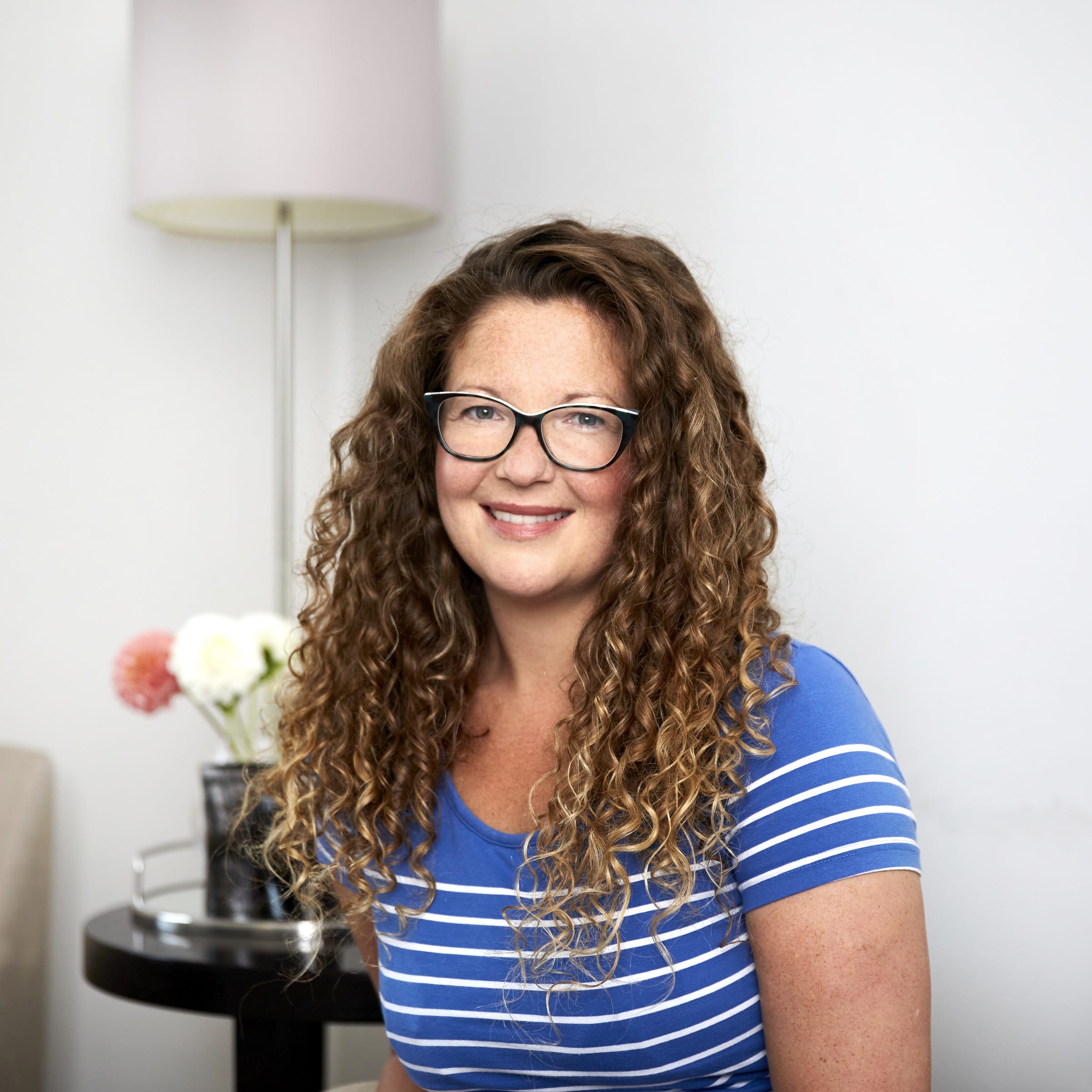Video Description
Clinical psychologist Emma Smith discusses some of the factors that can help people after a bereavement, such as being aware of your feelings and staying close to friends and family. Chelsea Psychology Clinic are a group of London psychologists and psychiatrists offering private psychological therapy and psychiatry treatment from their premises across central London and Chelsea. The private therapy sessions cover the following areas: – Acceptance & Commitment Therapy – Cognitive Analytic Therapy – Cognitive-behavioural Therapy – Couples Therapy – Dialectical-behaviour Therapy – Mentalisation Based Treatment – Mindfulness Based Cognitive Therapy – Schema Therapy https://www.thechelseapsychologyclinic.com
Video Transcription
I think allowing yourself to be vulnerable and to get in touch with some of the feelings, some of the pain and the loneliness. And also, with bereavement, I think it’s really important to try and share with friends and family who are going through the same process because that… you know, it might be that the relationship’s different and the response to the loss is different because we all have different relationships and different ways of processing emotions, but I think connecting with friends and family who are going through the same experience can be incredibly helpful and supportive because often, you know, bereavement’s an experience that we’re not alone in.

